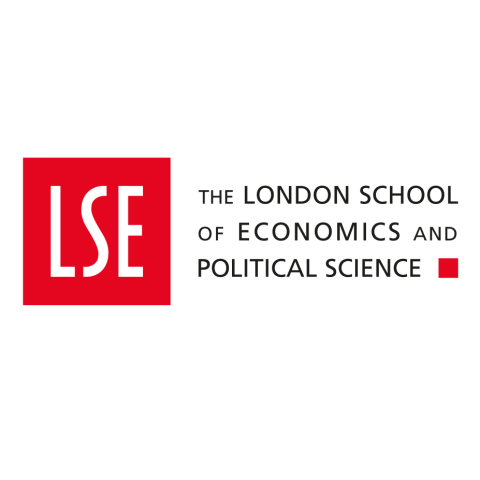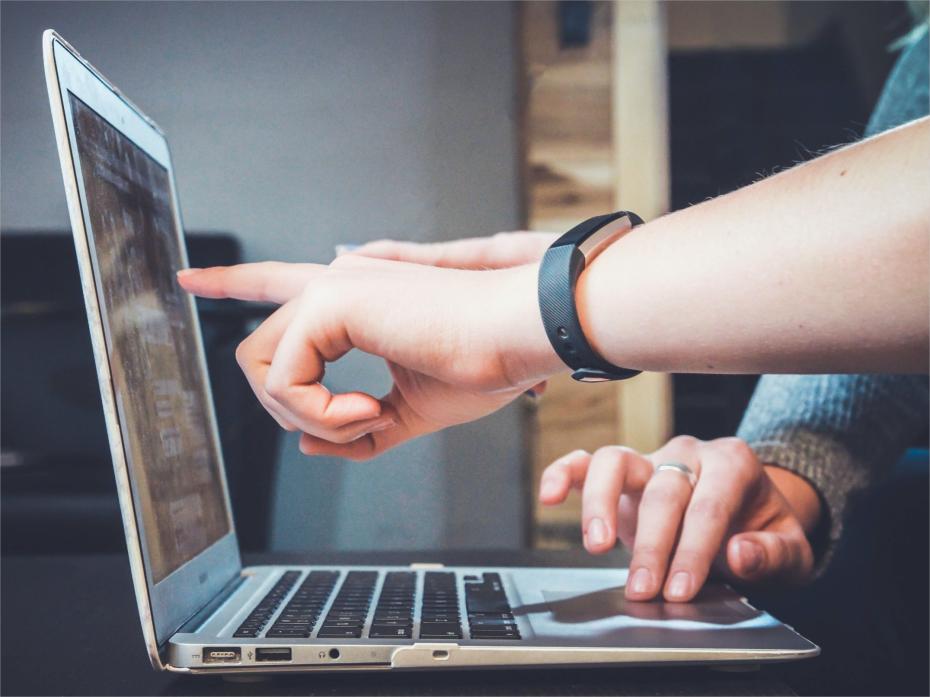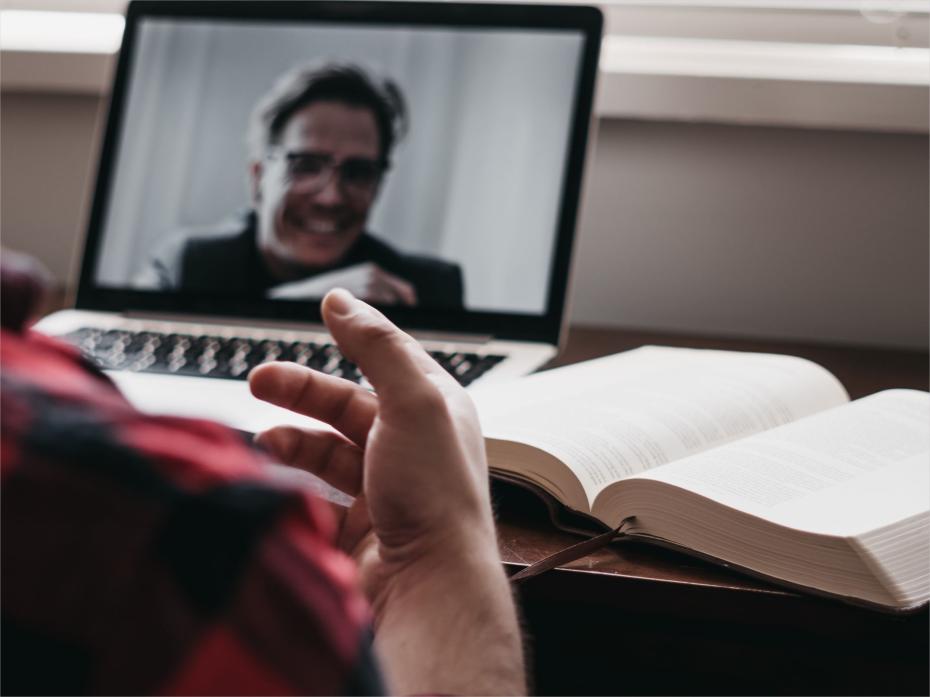
Sparking entrepreneurship online
Laura-Jane Silverman describes how LSE’s entrepreneurship centre created continued opportunity for innovation, collaboration and personal development among students after moving online
Key Details
This video will cover:
00:38 Why collaborate with students when creating a new digital experience
01:39 Introducing new online events and activities to prevent Zoom fatigue and disengagement
02:25 Creating online networking opportunities
Transcript
My name is Laura-Jane Silverman and I run the entrepreneurship centre at the London School of Economics. As with every other entrepreneurial hub in the UK, and indeed across the world, as soon as we were informed that our entire offering needed to be transferred online, we panicked.
We had up until then been running an extremely interactive programme of events that were nearly always attended in person, and we had relatively few digital resources.
So overnight we had to transform the entire programme to a digital experience. And to do that, we brought on our students. They were the digital nomads and they as entrepreneurs were the most restless and proactive of the workforce.
And so by collaborating with them, we were able to create a really innovative alternative experience that still allowed them to create, build and scale impactful businesses that contributed to a better tomorrow. And so that is what we did.
The very first thing that we needed to do was to embrace the fact that the quality of experience and the impact that is created when two entrepreneurs connect in person, those serendipitous moments, those encounters that often happened after an event, after a glass of wine, when the students were about to jump on a bus together, those ideas that were created in those moments were going to be very difficult to replicate.
But once we had embraced that, that was the moment we were able to recreate a really exciting entrepreneurship experience that was different but still impactful.
We soon realised that the Zoom novelty wears off extremely quickly, and Zoom fatigue kicks in, and that was when you got the disgruntled students and the drop-off. And so we needed to be really quick to react and to respond to that.
We moved between different platforms, Zoom breakout rooms, Google Meet, Hopin for the larger events. And then within those platforms, we transitioned away from the traditional teacher-student-style webinars and added different functions and activities in and around those sessions.
We invited live artists to come in and illustrate the points that were being made in the sessions. That allowed the students to digest that information in a completely different way.
We embedded live polls into our events that added a sense of drama and excitement. We started off events bringing in alumni or social entrepreneurs to run cookery or cocktail classes, live comedy set-ups, and when quizzes got boring and passé, we got students chatting in the chat function before a speaker commenced, enabling those online interactions and networking opportunities.
We also invited an alumni entrepreneur to create an app for us that forged online networking opportunities between students and alumni. And where our students were used to interacting with their peers on the London campus, the app allowed us to interact with alumni across the globe and within our international chapters, that brought about far more opportunities and exciting interactions.
We started a podcast series that involved inviting our students to act as interviewers, and we brought in psychologists and industry experts to create a number of different digital resources that the students could access wherever they were in the world.
We put academics in the same room as artists to ignite a new kind of conversation that allowed us to retain the concentration of the students and to inspire them in a completely different way.
Our digital operating model, through the acceleration programme, has created global inter-entrepreneurial connections with world-class mentors and educators. The final part of our experience involved empowering and ensuring the nurturing of entrepreneurial skills.
What we found during the pandemic was that the skills that we were nurturing this time were very different. So instead of just focusing on product and development, we focused a lot more around founder development, and by not just sprinkling soft skills across the programme but actually baking them into the entire offering, we were allowing students to really be equipped to understand how to weather those storms.
And whether that be a pandemic or an economic downturn or whatever it might be, we felt confident by the end of that series of events that we were allowing students to prepare themselves for these uncharted territories. And to allow them to go out into the world with confidence, with these skills and to solve the society’s most urgent problems head on.
This video was produced by Laura-Jane Silverman, head of LSE Generate at the London School of Economics
Additional Links
Read more about LSE Generate, a year-round programme for students and alumni at each stage of their entrepreneurial journey to build a socially responsible business



